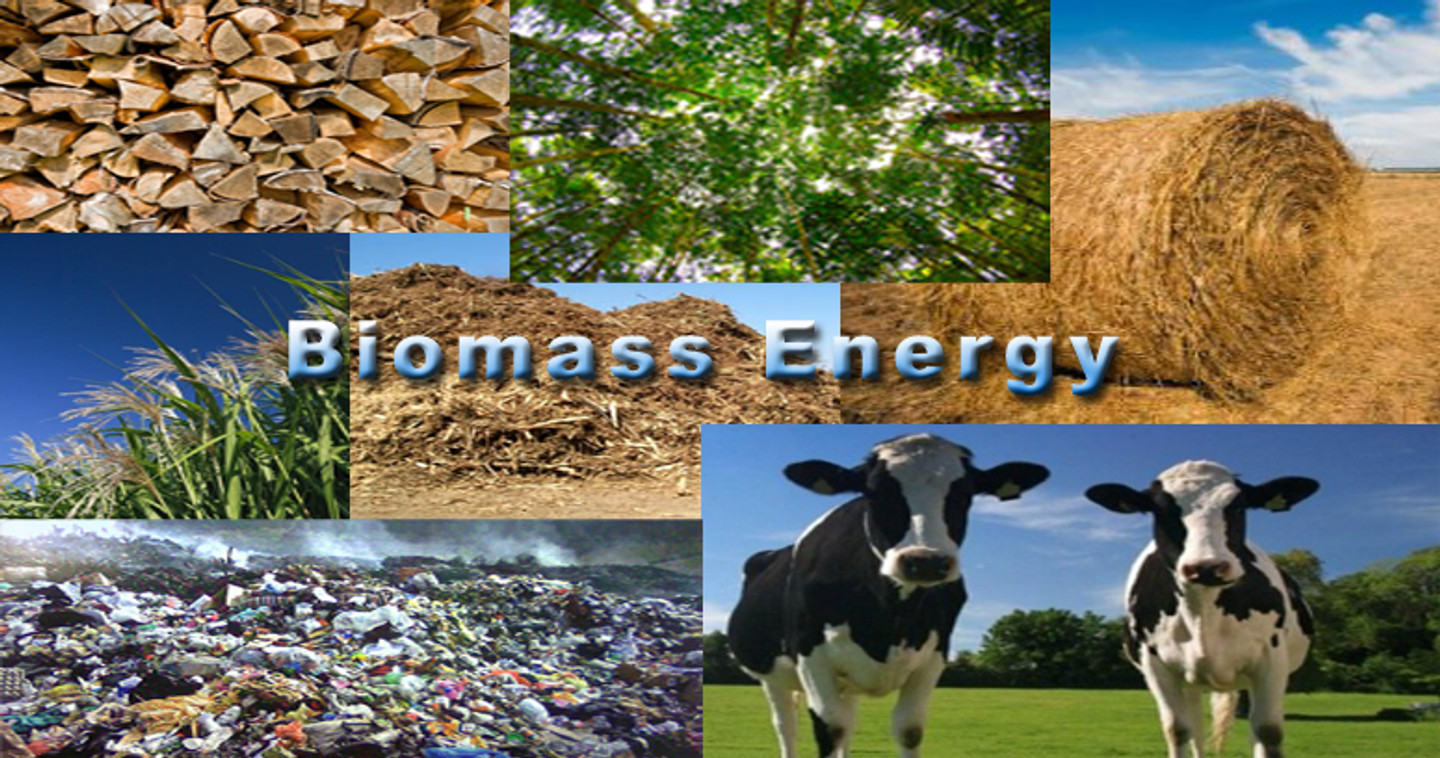What is Biomass Energy
How do we use it?
To many people, the most familiar forms of renewable energy are the wind and the sun. Biomass energy, used since our ancestors learned the secret of fire, is the oldest source of renewable energy.
Until recently, biomass energy supplied far more renewable electricity—or “biopower”—than wind and solar power combined.
If developed properly, biomass can and should supply increasing amounts of biopower. In fact, in numerous analyses of how America can transition to a clean energy future, sustainable biomass is a critical renewable resource.
Biomass is a renewable energy source not only because the energy it comes from the sun, but also because biomass can re-grow over a relatively short period of time. Through the process of photosynthesis, chlorophyll in plants captures the sun's energy by converting carbon dioxide from the air and water from the ground into carbohydrates—complex compounds composed of carbon, hydrogen, and oxygen.
Burning these carbohydrates turns them back into carbon dioxide and water and release the energy they captured from the sun. In this way, biomass functions as a sort of natural battery for storing solar energy. As long as biomass is produced sustainably—meeting current needs without diminishing resources or the land’s capacity to re-grow biomass and recapture carbon—the battery will last indefinitely and provide sources of low-carbon energy.
Mechanical Electrical Systems Inc. in 2010 designed, built, installed, and started up a 250kW Blinkless® Microgrid for SAIC. The Microgrid used power produced by an on-board generator, which ran off of fuel produced by a pyrolysis process that turned trash into gas for the generator.


